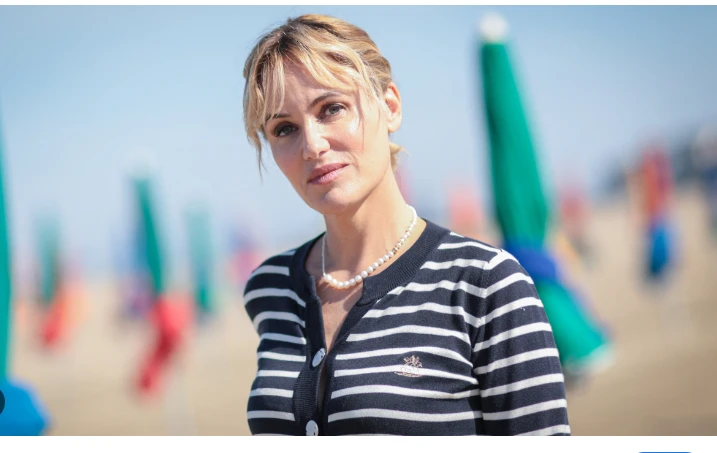France's Godreche says #MeToo allegations should not be theatre

Stay tuned with 24 News HD Android App

French actor and director Judith Godreche, a key figure in France's #MeToo movement, told AFP she does not believe in trial-by-media as she premieres a short film about sexual abuse at Cannes on Wednesday.
Godreche was one of the earliest accusers of US film mogul Harvey Weinstein, and has also accused two high-profile French directors of abusing her as a teenager in the 1980s.
She spoke to AFP about her film "Me Too", which features hundreds of anonymous survivors of abuse.
Question: What are your views on how the #MeToo movement has evolved?
Answer: There is growing awareness but sometimes things are announced in a way that feels too staged. It's not very spectacular being abused, it's not very funny, it's not very theatrical.
(Victims) should file a complaint or go and speak to a lawyer but, contrary to what people might think, I wouldn't advise them to go and speak to the press. When something serious has happened to us, it already takes so much time to be able to tell ourselves.
There are very real anxieties, and the reason people are unable to speak up is because they're afraid they will lose their job. So I don't think this kind of hype is productive. It creates fears all over the place, fantasies, hatreds.
Question: How did you react when you heard a New York court had overturned the convictions against Weinstein?
Answer: It was very violent. Thankfully he's still sentenced in California. But I thought: 'How does he still have the cash, when you know how much US lawyers cost?' I can't even imagine the sums of money involved, which others would never be able to spend to defend themselves.
Question: What drove you to make your film?
Answer: The stories I received were, 90 percent of the time, tales of incest. The sad reality is that society is not just cinema.
The idea was to say you can come even if you don't want to be filmed. You can stand with your back to the camera, you can be blurred. These people seem to share a feeling of shame.
How could we transform that shame? Not into pride -- no one is proud of having been sexually abused. But... to be able to say, 'We did this together and we can be proud.'
To think that the anonymous people in my film are going to be the main actors of a movie going to Cannes, that's what interests me. It's about starting a conversation.
